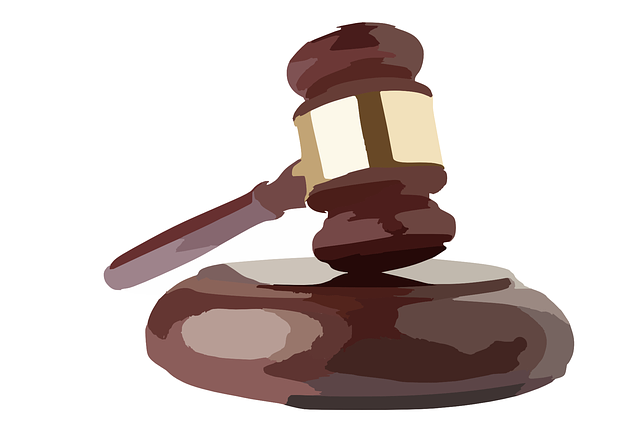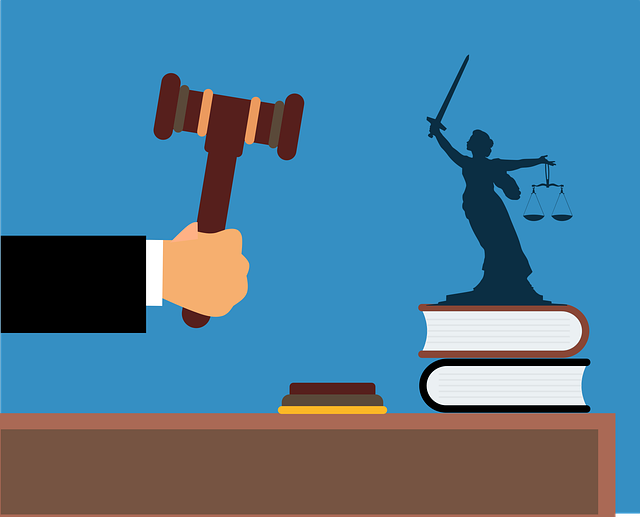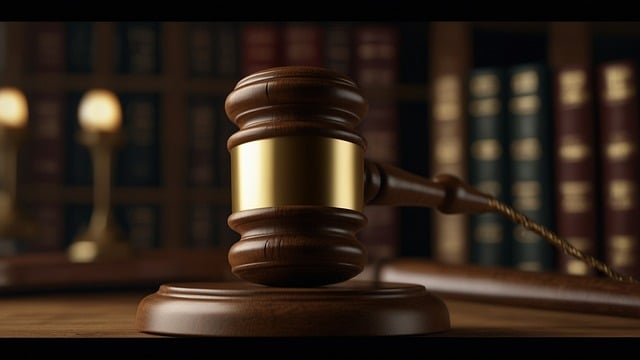Legal judgments, crucial for resolving disputes fairly, rely on effective legal enforcement to maintain integrity and protect rights. Overwhelming case volume and complex situations create significant challenges, leading to delays and non-compliance by debtors. Success demands a strategic approach, including robust evidence, clear communication, expertise from specialists, and staying updated with legal developments, fostering stronger relationships with enforcement agencies for smoother execution.
In an ideal world, legal judgments would be final and unquestionable. However, reality often presents complex challenges in their enforcement. This article delves into the intricacies of advocating for legal judgment enforcement, exploring why it’s paramount for upholding justice. We analyze common obstacles, from procedural hurdles to resistant parties, and equip readers with strategic tools to navigate these complexities successfully. Discover practical approaches to ensure compliance and maintain the integrity of the legal system.
- Understanding Legal Judgments and Their Importance
- Challenges in Enforcement: Obstacles and Barriers
- Strategies for Effective Advocacy and Ensuring Compliance
Understanding Legal Judgments and Their Importance

Legal judgments are decisions made by a court of law after considering all evidence and arguments presented by both parties in a case. They serve as binding resolutions, providing clarity and justice in legal disputes. Understanding the significance of these judgments is crucial for upholding the rule of law and ensuring societal order.
Enforcing legal judgments is vital to maintain the integrity of the judicial system. It ensures that the decisions made in court are respected and adhered to, promoting a fair and consistent application of the law. This process involves the official implementation of the court’s orders, which can include collecting debts, executing warrants, or making other necessary arrangements to resolve legal matters. Effective legal enforcement not only protects the rights of individuals and organizations but also strengthens public trust in the justice system.
Challenges in Enforcement: Obstacles and Barriers

Enforcing legal judgments is a complex process often fraught with challenges and obstacles. One significant hurdle is the sheer volume and complexity of cases, which can lead to backlogs and delays in court proceedings. This results in prolonged uncertainty for parties involved, hindering their ability to move forward with their lives or businesses despite the existence of a legally binding decision.
Another major barrier is non-compliance by judgment debtors. They may intentionally evade payment, transfer assets out of reach, or even go into hiding, making it difficult for creditors to recuperate their dues. Such actions not only undermine the integrity of the legal system but also cause significant financial harm to individuals and businesses that have won legal judgments.
Strategies for Effective Advocacy and Ensuring Compliance

Advocating for the enforcement of legal judgments requires a strategic approach to ensure success and compliance. One key strategy is to build a robust case, gathering solid evidence and strong legal arguments to support the claim. This involves meticulous research, understanding the applicable laws, and presenting a compelling narrative that highlights the importance of upholding the judgment. Additionally, clear communication with all parties involved is essential; effectively conveying the terms of the judgment and its implications can foster cooperation and reduce potential challenges.
Another effective method is to engage with legal professionals who specialize in enforcement procedures. Their expertise can navigate the complexities of the process, ensuring adherence to legal protocols. Regular monitoring of the case and staying informed about any changes in legislation or court rulings related to the judgment are also vital. This proactive approach allows for prompt action if adjustments are needed, enhancing the likelihood of successful implementation. Moreover, building relationships with enforcement agencies can streamline the process, as these entities often possess the necessary resources and authority to facilitate compliance.






